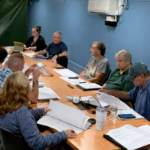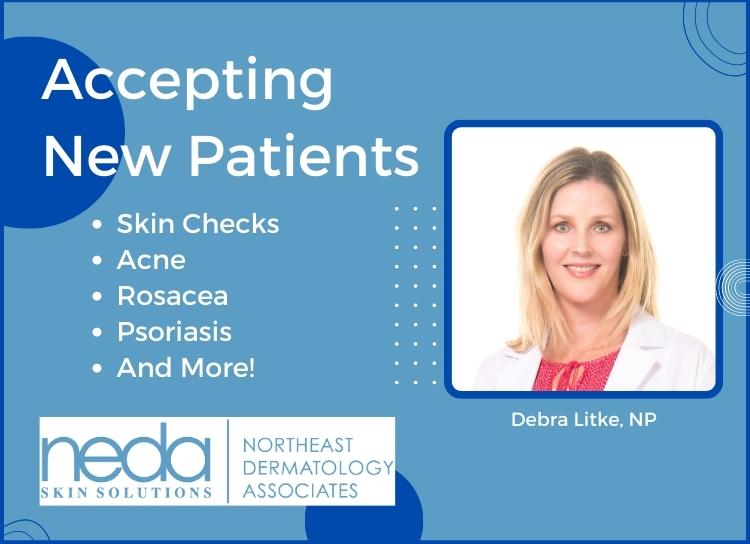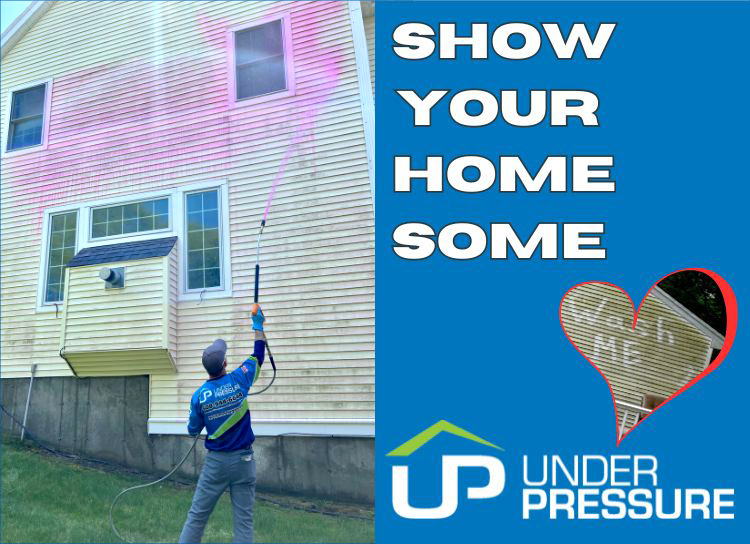Mental health help a phone call away
As editor, I hesitate to suggest that anyone stop reading this newspaper. But just for a moment, look for the flier that was inserted in the middle of this paper. It might turn out to be a life-saver.
The flier is from Hopkinton’s Youth and Family Services, and it provides information about a program called Interface, which helps individuals find mental health services. Interface is a call line run by William James College (a psychology school in Newton), but it goes much further than that description.
Mental health has received a lot of attention in the past few years, deservedly so, with actors, athletes, politicians and other public figures coming forward to acknowledge their past and current battles. That has helped lead to more people seeking assistance. The problem, as Hopkinton Youth and Family Services director Dawn Alcott explains, is that many people get frustrated with how difficult it is to get matched up with someone who can help them, and sometimes they give up without getting the help they need.

Dawn Alcott
“The stories that we were hearing all over Metrowest in different communities is a child has anxiety or depression or they’re going through something, maybe they voiced suicidality, and then the parent is on the phone for weeks, trying to find a clinician,” Alcott said. “Maybe they’re handed a list from their pediatrician and half the clinicians aren’t taking anybody. Or it’s expired, they no longer have a private practice, or they no longer take that insurance, or the insurance gives a list and people are full. And so weeks and weeks and weeks get spent, and this poor kid has to hear the parent on the phone talking about all the things that are bothering them to strangers over and over.
“This eliminates that. They say it once. One triage clinician takes this on and finds — they have a database with all the insurances in it, the clinicians and the clinicians’ specialty, and if they have a side speciality like art therapy or a certain faith-based therapy. They put all that into their database and they see what matches come up, and then they pursue those matches and see if they have openings. They get back to the family with at least two matches. And then they follow them to make sure it works. That’s like, hello, pinch me!
“Being a parent myself, I know what a valuable service that is. You can be with your own child while they’re struggling. You can spend the time as a parent to support them vs. running yourself ragged trying to find help. So, it’s a whole different dynamic. That’s why it’s important.”
The program serves almost 50 towns in Massachusetts. Hopkinton joined this past September and saw immediate results. According to Alcott, in the first three months, 39 residents received referrals, and 19 of them were for children between the ages of 6-12 whose parents called on their behalf.
While much of the focus is on children, it’s certainly just as important for adults to promptly find the help they need.
“For a consumer that’s calling for themself, imagine if you’re feeling depressed, you have low energy, you don’t want to be calling and explaining things over and over. That’s a deterrent right there,” Alcott said. “If it ups the chances that somebody maybe calls one time and doesn’t have to repeat themselves or keep searching, if it ups the chance they’re going to get support, that’s huge. We’ve found that it’s potentially life-saving, because sometimes when folks call Interface they express that they’ve been feeling suicidal. What if they didn’t have that to call? What if they were doing that struggle of trying to find a clinician, and they were out there on their own feeling really isolated and alone with those heavy feelings inside?
“It’s a way to build community, too, to let somebody else know, ‘Look, I’ve got you during this tough time. I’m walking beside you through this until you make that connection.’ And so that’s why it’s so important.”
To pay for the program, Hopkinton used funds from an earmark that state Sen. Karen Spilka’s office had given the Hopkinton Organizing for Prevention (HOP) Coalition. Spilka, who recently shared the story of her father’s mental illness and how it affected her family, has been pushing for more mental health awareness and programs.
Alcott noted that now it’s becoming vital to have more training and more people willing to work in the mental health field.
“The goal is to reduce the stigma and to increase access to care,” Alcott said. “The bigger dilemma we’re going to have is flooding the field with more clinicians. Right now there’s a shortage in many specialties. So it’s very difficult to find somebody. So I think that as we reduce stigma and as we have great services like Interface pop up to help, now we’ve got to flood the field with qualified people. That’s a much better problem to have then people not being able to access care because they just can’t make that connection. There’s a bright future ahead for many a would-be clinician. Because people are recognizing that I have to take care of myself, my thoughts are important, how I feel is really important, and it connects to my whole self, my whole general health.
“Now we’re seeing more and more studies pop up about how so many other medical conditions are connected to our thoughts and how we feel and to depression and how it’s all interconnected. I think it’s fascinating that even what’s going on in our gut affects what’s going on in our brain. It’s just a part of our everyday health — nothing more, nothing less. Just like we take care of all of the other organs in the body, it pays to take care of the brain, too.”
Youth and Family Services has been handing out information at events including Family Day and Special Town Meeting in an effort to connect with as many residents as possible.
“Our goal is just to get information into everyone’s home so that when they need it it’s there,” Alcott said. “Or they remember the Youth and Family Services Department has information on that, I can go to the town website and find information on that.”
On a related note, in December Youth and Family Services started a suicide prevention training program via the QPR program (question, persuade, refer).
“The first group that received this training was the first-responders in town — fire, police and then we invited Public Health as well, because we walk into some situations that can be tricky,” Alcott told the Select Board in an update on Feb. 4, noting that the Senior Center and library next would be offered the optional training, then members of town committees as well as the general public.
“It trains residents to be gatekeepers,” she said, adding, “We’re really excited to be rolling that out slowly through the community and getting word out to people so everyone can be a gatekeeper who wants to be. And really all that means is to know what to do when somebody you care about, you have a question about how they’re doing.”
Also at the Feb. 4 Select Board meeting, Abbie Rosenberg from the Hopkinton-based Mental Health Collaborative shared results from the community mental health needs assessment survey.
According to Rosenberg, 78 percent of the 480 respondents mentioned stress and anxiety as top mental health challenges, 81 percent are very or somewhat interested in learning about mental health, while 20 percent said they were less likely to ask for help because of the stigma associated with mental health issues.
“They really want more education so we can hopefully decrease the stigma,” Rosenberg said. “So we’re just really excited to offer not just our schools but our community mental health literacy programming for free in Hopkinton. … Interestingly enough I got a call in my practice today from a woman with a 16-year-old who was in tears because no provider had called her back, etc., etc., no one takes insurance. I had the Interface card and I gave her the number. She was so grateful. So I’m very, very excited that Hopkinton has taken on this service.”
Health Dept. addresses coronavirus
In a letter to residents on Feb. 4, shortly after a case of coronavirus was detected in Boston, the Hopkinton Health Department sought to address potential concerns.
The department noted that it is in daily contact with the Massachusetts Department of Public Health and receives regular updates from the Center for Disease Control.
The letter noted that the first line of defense is frequent hand washing with soap and warm water for at least 20 seconds. Individuals should avoid touching their face or eyes and cover their mouth or nose when coughing or sneezing.
The Health Department is available to answer any questions or concerns and can be reached at (508) 497-9725.
Center School gym floor to get fix
In a story about Center School in our last issue, we referred to a problem with the gym floor that forced the gym to be closed to all recreational activities. The Parks & Rec Department reports that insurance will cover the damage to the floor. The problem apparently was caused by a crack in the foundation, which led to the floor buckling due to the moisture trapped underneath. Repairs were expected to start this month, first to the concrete slab, then the sub-floor and finally the actual gym floor, which will be replaced. The hope is that the fixes will be done before the spring.






















0 Comments